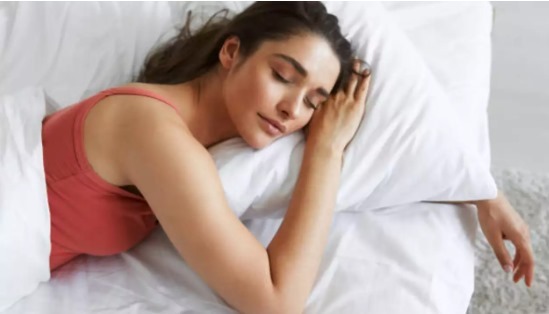Sleep is a vital component for overall health, influencing various bodily functions, including eye health. At Shekar Eye Hospital, we emphasize the importance of good sleep hygiene for maintaining optimal eye function and preventing a range of eye-related issues. In this blog, we will explore how sleep affects eye health, the potential consequences of poor sleep, and ways to improve sleep on eye health.
The Connection Between Sleep and Eye Health
The Role of Sleep in Eye Function
Sleep plays a crucial role in restoring and repairing various body tissues, including those in the eyes. During sleep, the body undergoes rejuvenation:
Cellular Repair: Eye tissues repair themselves during sleep, which helps maintain their functionality.
Tear Film Replenishment: Sleep helps in maintaining the tear film, which is essential for eye lubrication and protection against infections.
Nutrient Distribution: Sleep ensures the proper distribution of nutrients to eye tissues, aiding in their health and functioning.
How Much Sleep Do Your Eyes Need?
The average adult requires 7-9 hours of sleep per night for overall health and well-being. However, sleep needs can vary based on age, lifestyle, and individual health conditions.
Adequate sleep is crucial for:
Preventing Dry Eyes: Proper sleep prevents the eyes from becoming dry and irritated.
Reducing Eye Strain: Sufficient rest reduces eye strain, especially for those who spend long hours in front of screens.
Maintaining Visual Acuity: Good sleep helps maintain sharp and clear vision.
Consequences of Poor Sleep on Eye Health
Dry Eyes and Eye Irritation
Lack of sleep can lead to insufficient tear production, resulting in dry eyes. This can cause discomfort, irritation, and an increased risk of eye infections. Symptoms of dry eyes include:

- Redness
- Burning sensation
- Sensitivity to light
- Blurred vision
- Eye Strain and Fatigue
Insufficient sleep can cause eye strain and fatigue, especially in individuals who use digital devices for extended periods. Symptoms of eye strain include:
- Headaches
- Soreness around the eyes
- Difficulty focusing
- Double vision
- Increased Risk of Eye Diseases
Improving Sleep for Better Eye Health
Establish a Sleep Routine: Creating a consistent sleep schedule can help regulate your body’s internal clock, making it easier to fall asleep and wake up at the same time every day. Tips for a good sleep routine include:
- Going to bed and waking up at the same time daily
- Avoiding naps longer than 20 minutes during the day
- Establishing a relaxing pre-sleep routine, such as reading or taking a warm bath.
- Avoiding stimulants like caffeine close to bedtime
- Create a Sleep-Conducive Environment
Your sleep environment can significantly impact the quality of your sleep. Ensure your bedroom is:
- Dark: Use curtains or an eye mask to block out light.
- Quiet: Use earplugs or a white noise machine to reduce noise disturbances.
- Cool: Maintain a comfortable room temperature for sleeping.
- Limit Screen Time Before Bed
- Exposure to blue light from screens can interfere with your body’s production of melatonin, the hormone that regulates sleep.
To improve sleep:
- Avoid screens at least one hour before bed
- Use blue light filters on your devices
- Practice the 20-20-20 rule: every 20 minutes, take a 20-second break to look at something 20 feet away
- Maintain a Healthy Lifestyle
- A balanced diet and regular exercise can enhance your sleep quality and, consequently, your eye health.
- Using a humidifier can help in maintaining sufficient humidity levels in the room, hence keeping the eyes lubricated throughout the night.
Frequently Asked Questions (FAQs)
1. How can I tell if my eye problems are related to sleep issues?
If you experience symptoms like dry eyes, eye strain, and increased sensitivity to light, and they improve with better sleep, sleep issues are likely contributing to your eye problems.
2. Are there specific eye drops that can help with sleep-related dry eyes?
Yes, lubricating eye drops or artificial tears can provide relief for dry eyes caused by insufficient sleep. However, it is important to consult with an eye doctor to choose the right product for your needs.
Maintaining good sleep hygiene is essential for overall health and particularly for the well-being of your eyes. If you experience persistent eye issues, consult with an eye specialist at Shekar Eye Hospital for a comprehensive evaluation and personalised treatment plan. Sleep well, see well!






